Latest News
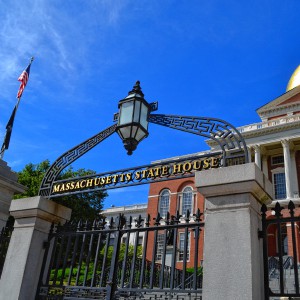 Mass Dems propose nine-month shelter stay limit
Mass Dems propose nine-month shelter stay limit
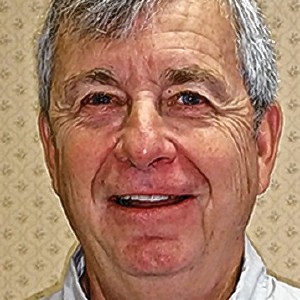 Sportsman’s Corner: Missouri gobbler
Sportsman’s Corner: Missouri gobbler
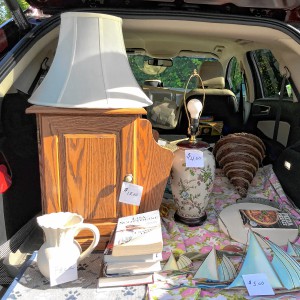 North Quabbin Notes, April 25
North Quabbin Notes, April 25
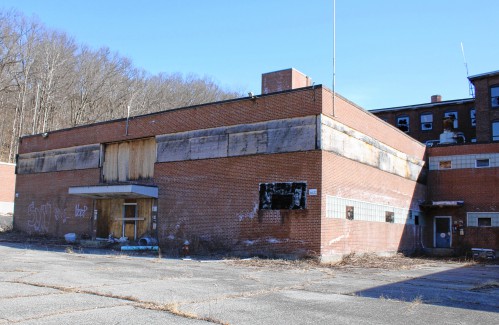
Erving rejects trade school’s incomplete proposal for mill reuse
ERVING — While the Selectboard was forced to reject the lone procurement submission for the former International Paper Mill because it was incomplete, members hope the applicant’s idea could be a window to future opportunities.Hancock Academy is...
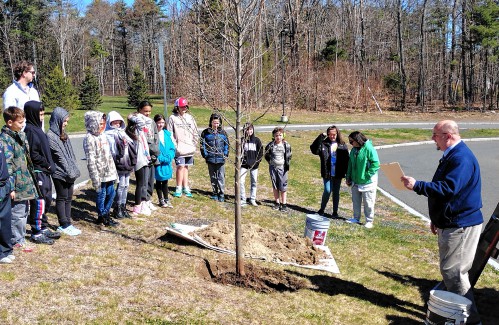
Students plant red maple outside Athol Community Elementary School
ATHOL – Arbor Day was celebrated a day early Thursday morning as fourth-graders from Athol Community Elementary School joined town officials and public works employees for the planting of a tree at the school.A red maple sapling now graces a strip of...
Sports
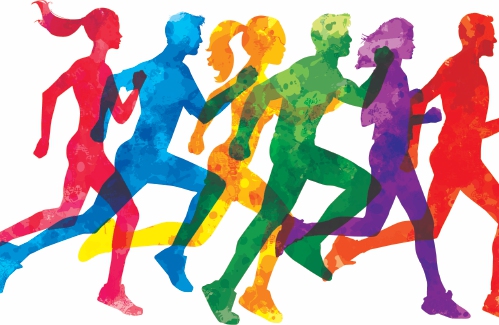
Track & field: Greenfield, Mohawk Trail split dual meet
It was a dual meet split for the Greenfield and Mohawk Trail track and field teams on Thursday.The Greenfield boys captured a 90-54 victory over the Warriors while the Mohawk Trail girls snagged a 123-18 victory over the Wave.Here are the winners from...
 Country Club of Greenfield holding Youth Golf Camp June 24-27
Country Club of Greenfield holding Youth Golf Camp June 24-27
Opinion

My Turn: A moral justification for civil disobedience to abortion bans
Over the last several years, in response to abortion bans and restrictions, advocates around the country have developed an alternative supply network for abortion pills outside of the medical system and the law.As a lawyer and law-abiding citizen, I...
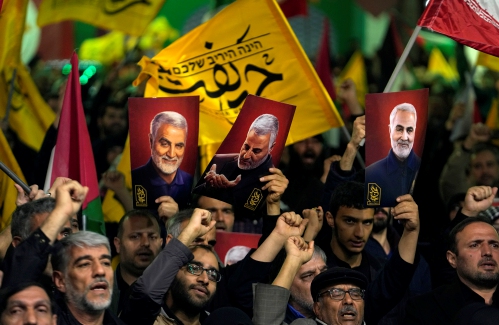 Guest columnist Rudy Perkins: Dangerous resolution on Iran
Guest columnist Rudy Perkins: Dangerous resolution on Iran
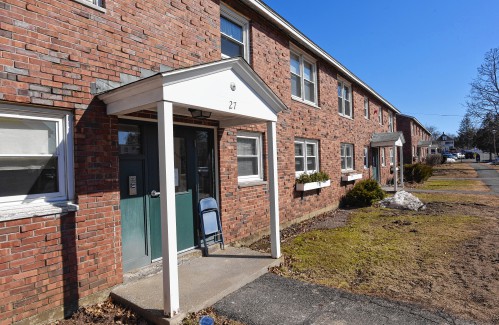 Guest columnists Ellen Attaliades and Lynn Ireland: Housing crisis is fueling the human services crisis
Guest columnists Ellen Attaliades and Lynn Ireland: Housing crisis is fueling the human services crisis
 My Turn: April is second chance month
My Turn: April is second chance month

Police Logs
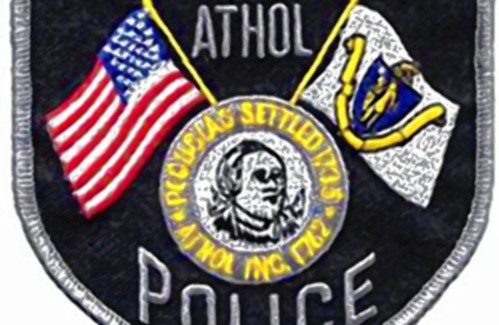
Athol Police Logs: March 12 to March 19
ATHOL POLICE LOGSTuesday, March 126:45 p.m. - Male party into the lobby regarding a shop vac he lent to someone and they are refusing to give it back. Party was advised of his options. Attempted to contact involved party, negative contact, a voicemail...
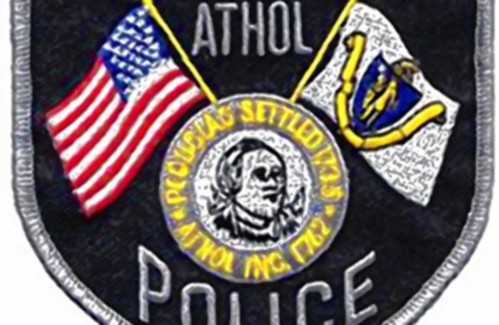 Athol Police Logs: Feb 19 to Feb. 27
Athol Police Logs: Feb 19 to Feb. 27
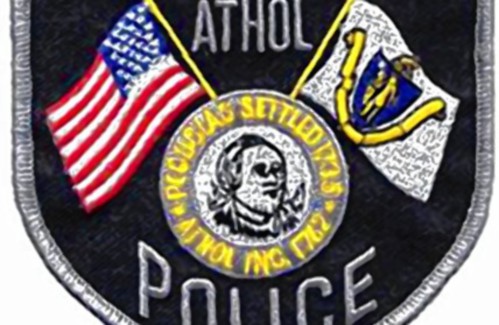 Athol Police Log Feb. 4-18
Athol Police Log Feb. 4-18
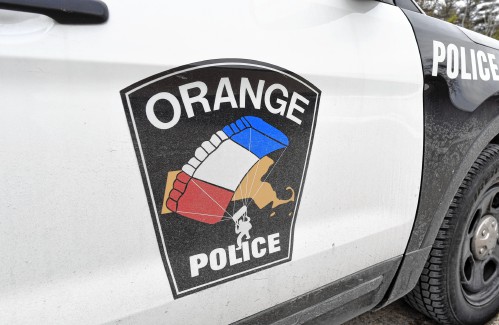 Orange Police Log 12/1-13
Orange Police Log 12/1-13
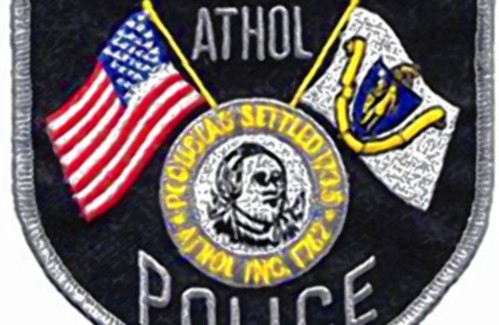 Athol Police Log 11/8-26
Athol Police Log 11/8-26
Arts & Life

Sounds Local: A rock circus returns to Turners Falls: The Slambovian Circus of Dreams brings the fun Friday night at the Shea
The circus is coming to town, and not the kind with elephants and clowns. I’m talking about the Slambovian Circus of Dreams, a rock group from the Hudson Valley in New York that makes music as unique as its name. The band, which has frequently...
Obituaries
 Mary M. Thompson
Mary M. Thompson
Mary M. (Powers) Thompson Dade City, FL - Mary M. (Powers) Thompson passed away unexpectedly on Sunday, April 14, 2024. She was born at Langley Air Force Base, in Hampton VA, on February 17, 1968, the daughter of Robert H. and Joan (Lint... remainder of obit for Mary M. Thompson
 Nancy C. Skowrowski
Nancy C. Skowrowski
Nancy C Skowronski Royalston, MA - Nancy C Skowronski, born in Worcester, MA on January 1, 1943, lived a captivating life, filled with vibrant memories and impactful experiences that created a lasting legacy. A resident of Royalston, Mas... remainder of obit for Nancy C. Skowrowski
 Robert E. Thayer
Robert E. Thayer
Robert E. "Bob" Thayer Athol, MA - ATHOL - Robert E. "Bob" Thayer, 90 of Athol passed away Sunday, April 14, 2023, in the Athol Hospital. He was born on July 13, 1933, the son of Robert H. Thayer and Louise E. (King) Thayer. Bob graduat... remainder of obit for Robert E. Thayer
 Chris N. Boyle
Chris N. Boyle
8/5/1956 - 4/11/2024 ORANGE, MA - Chris Boyle, beloved father and husband, passed away on April 11, 2024 at home. Chris led a life of unwavering dedication to his family, a steadfast commitment to the land he cherished, and a love for ... remainder of obit for Chris N. Boyle

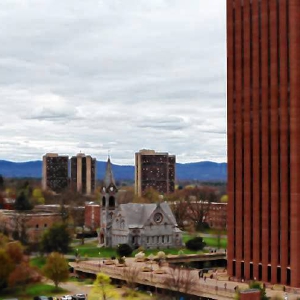 Federal probe targets UMass response to anti-Arab incidents
Federal probe targets UMass response to anti-Arab incidents
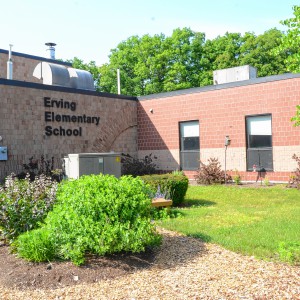 Parents question handling of threat at Erving Elementary School
Parents question handling of threat at Erving Elementary School
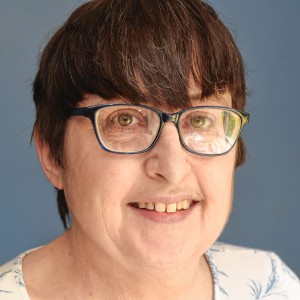 A Page from North Quabbin History: Women of Royalston display
A Page from North Quabbin History: Women of Royalston display
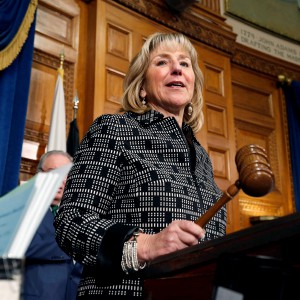 Spilka pledges ‘comprehensive climate bill’ in Senate
Spilka pledges ‘comprehensive climate bill’ in Senate
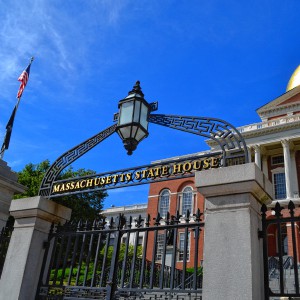 Senate adds bills to reform electric industry
Senate adds bills to reform electric industry
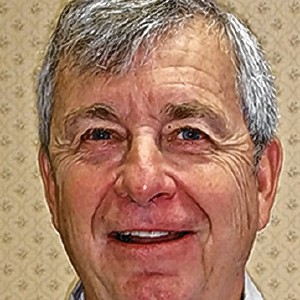 Sportsman’s Corner: Turkey time
Sportsman’s Corner: Turkey time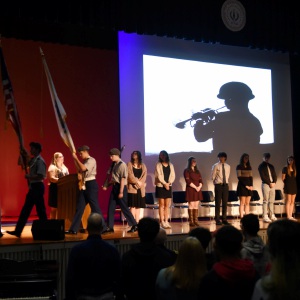 With eye toward teaching firearm safety, Mahar’s Junior ROTC adding air rifles
With eye toward teaching firearm safety, Mahar’s Junior ROTC adding air rifles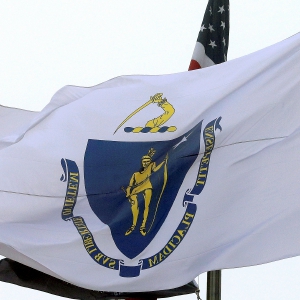 Mass. saw nearly 200 percent rise in antisemitic incidents last year
Mass. saw nearly 200 percent rise in antisemitic incidents last year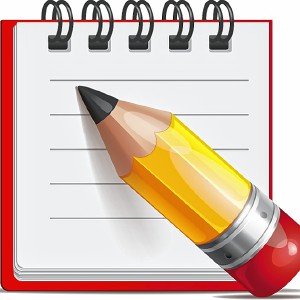 North Quabbin Notes, April 23
North Quabbin Notes, April 23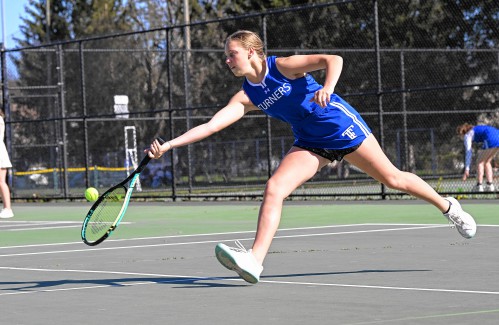 High schools: Amy Mihailicenco, Greenfield girls tennis edge Turners Falls (PHOTOS)
High schools: Amy Mihailicenco, Greenfield girls tennis edge Turners Falls (PHOTOS)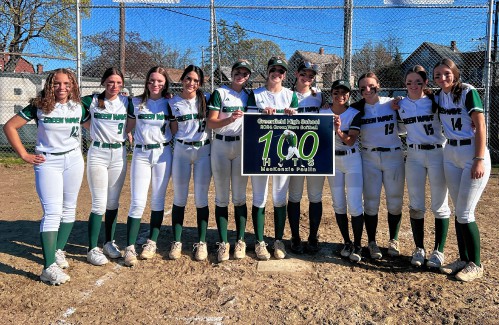 Softball: Turners edges Tech, Greenfield’s Paulin notches 100th hit, Mahar win first game since 2019
Softball: Turners edges Tech, Greenfield’s Paulin notches 100th hit, Mahar win first game since 2019 High schools: Lilly Ross records 100th career hit in Franklin Tech’s win over Northampton
High schools: Lilly Ross records 100th career hit in Franklin Tech’s win over Northampton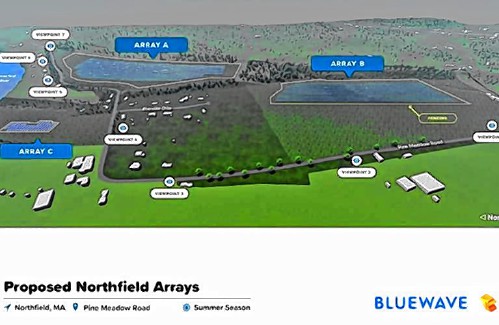 My Turn: Industrial solar installations are overwhelming Northfield neighborhood
My Turn: Industrial solar installations are overwhelming Northfield neighborhood Rescuing food and feeding people: Rachel’s Table programs continue to expand throughout western Mass
Rescuing food and feeding people: Rachel’s Table programs continue to expand throughout western Mass A day to commune with nature: Western Mass Herbal Symposium will be held May 11 in Montague
A day to commune with nature: Western Mass Herbal Symposium will be held May 11 in Montague Speaking of Nature: ‘Those sound like chickens’: Wood frogs and spring peepers are back — and loud as ever
Speaking of Nature: ‘Those sound like chickens’: Wood frogs and spring peepers are back — and loud as ever Hitting the ceramic circuit: Asparagus Valley Pottery Trail turns 20 years old, April 27-28
Hitting the ceramic circuit: Asparagus Valley Pottery Trail turns 20 years old, April 27-28